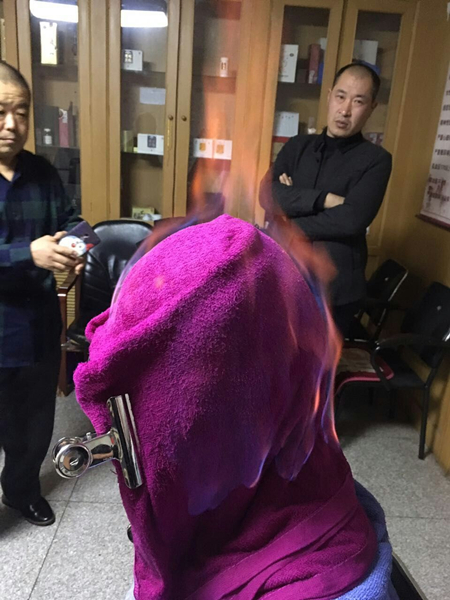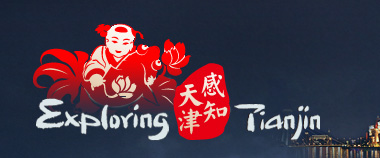Power of plants and belief
Use of plants for medicinal purposes, or dietary supplements, date back thousands of years. They were used by the Egyptians, Greeks and Indians as well as the Chinese. But in China, the practice has been elevated to a much higher level compared with other cultures. There is a system of beliefs behind it that explains how the body works and how illness and treatments interact. The theories comprise of mysterious energies (qi) that flow through channels in the body, concepts of balance and opposites, of maintaining harmony. The principles are not unlike those underpinning eastern religious beliefs and this similarity provides a systemic quality that intuitively feels correct because it corresponds with the believer's worldview.
In contrast, the western religious belief held that disease is caused by sin. Christianity's emphasis was on the power of prayer, on penance, or exorcism of demons as cures. Those that claimed the power to heal were often persecuted, or feared, as witches. So, while plants were used in Europe medicinally, no dominant theory about how they worked developed. The belief was they treated the symptoms of the disease, but the underlying causes were spiritual.
Mystical energies and the power of the past
Recently there has been a growing distrust of science, a move away from chemicals and a preference for natural ingredients. This has led to an explosion of alternative approaches to health, some borrowed from other cultures, some repackaging old ideas and some just fads. The more resilient tend to have underlying belief systems that explain why they work. Many are based on concepts of supernatural energies which are channelled, or transferred, through touching, or through the use of charms such as magnets, ionised jewellery or crystals.
The mysterious energies involved are very important. When ingesting a plant, you can imagine it contains some active ingredient that causes a change inside the body. But without an invisible force it’s difficult to explain how the presence of a rock, the incantation of a spell or prayer, or the proximity of hands or charms to the body can cause any physical effect.

The ideas about energy were also believed by the ancient Greeks and Egyptians who thought that disease resulted from an imbalance of natural forces. Hippocrates called them the four temperaments and Humours. Similarly, Homeopathy, first proposed in the late 1700s, has the phenomenon of "miasms" which are used to explain illness. And like the Chinese qi, it is the disruptions of these "spirit-like powers" that need addressing.
That different cultures at different times have conceived that some mysterious energy is involved in illness leads many to conclude that these forces, despite their elusiveness, must exist. There is an inference, like the new age belief in ancient culture's intuitive knowledge, that they led lives that were harmonious with nature. Strangely, neither the antiquity of pre-Christian Saxon magic, nor its naturalness, has made leaches and bloodletting a more appealing cure for a hangover than an aspirin. However, the similarly unattractive practices in Chinese medicine such as acupuncture (zhen jiu), scraping (gua sha) and cupping (bá guàn) are becoming more well-known and used in the west.

 Daily life
Daily life




